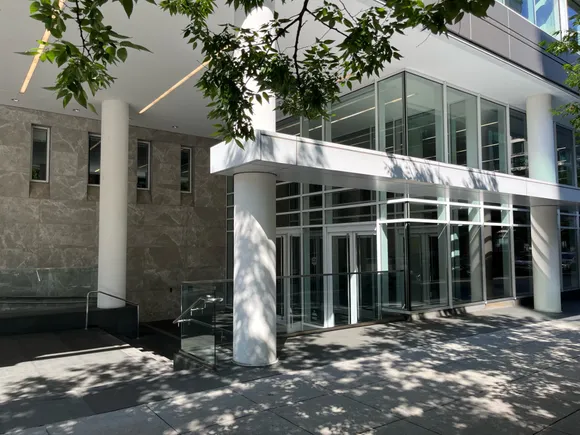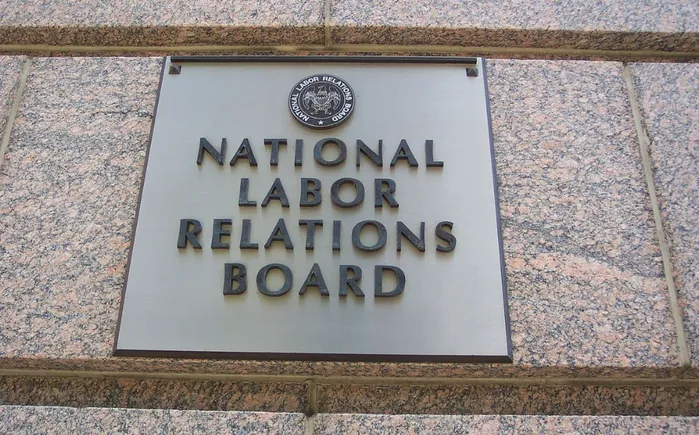Dive Brief:
- Requiring employees to attend a meeting in which an employer expresses its views about unionization — commonly referred to as a captive audience meeting — is a violation of the National Labor Relations Act, the National Labor Relations Board ruled today in Amazon.com Services LLC.
- The decision overturns Babcock and Wilcox Co., a 76-year-old precedent that allowed for such meetings. Captive audience meetings violate Section 8(a)(1) of the NLRA, the Board found, “because they have a reasonable tendency to interfere with and coerce employees in the exercise of their Section 7 rights.”
- Chairman Lauren McFerran issued the decision, along with Board members David Prouty and Gwynne Wilcox. Marvin Kaplan, the sole Republican on the Board, dissented.
Dive Insight:
NLRB will only apply the decision to future cases, the Board clarified, “to appropriately accommodate the reasonable reliance employers may have previously placed on Babcock and Wilcox.”
“Ensuring that workers can make a truly free choice about whether they want union representation is one of the fundamental goals of the National Labor Relations Act. Captive audience meetings — which give employers near-unfettered freedom to force their message about unionization on workers under threat of discipline or discharge — undermine this important goal,” Chairman McFerran said in a statement Wednesday.
NLRB stated several reasons the meetings interfered with workers’ rights, including that they interfere with their rights to freely decide when, whether and how to participate in a debate about union representation; that they provide a mechanism for surveillance; and that they are “coercive” in their compelled nature, demonstrating “the employer’s economic power over its employees and reasonably tend[ing] to inhibit them from acting freely in exercising their rights.”
The decision brings the nation in line with 10 states that have already banned captive audience meetings, according to law firm Sheppard Mullin: Connecticut, Hawaii, Illinois, Maine, Minnesota, New York, Oregon, Washington, Vermont, and — most recently — California.






Leave a Reply